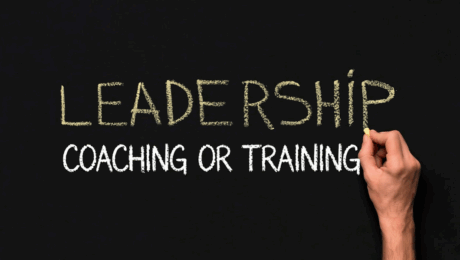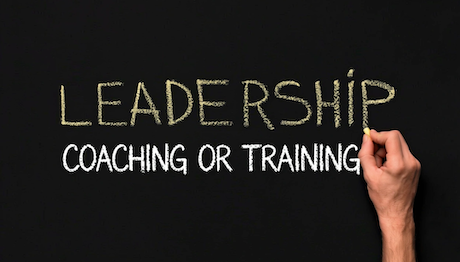Key Insights from Seattle CHROs on AI Integration, Talent Strategy, and DE&I Navigation
At a recent Seattle CHO Group meeting, Dan Spaulding (CHRO, Zillow) and Christine Deputy (CHRO, Expedia Group) shared compelling insights about how leading organizations are approaching critical HR challenges in 2025.

AI Implementation: From Experimentation to Operation
Zillow has taken a comprehensive approach to AI adoption, dividing their strategy into three workstreams: product and tech infrastructure, customer/partner support, and employee tools. Their internal AI platform, ZG Chat, has revolutionized performance management by reducing review writing from 10 to 5 hours. “The beauty of AI is it’s infinitely patient,” Spaulding explained. “It will answer unending amounts of questions, and it will help you get the language to go and ask the question that you want to ask.”
Expedia Group is taking a more measured approach to AI adoption. “We’re in that researching/experimenting phase and really trying to think about how to get some experiments going,” shared Deputy. She emphasized the importance of creating a safe space: “We’ve opened for the overall company a playground where there are a number of tools that our leaders and our employees can access and leverage. We have not done the training though, and that’s something that I want to do.”
Succession Planning and Talent Development
Zillow has taken an innovative approach to succession planning through strategic compensation realignment. “My perspective here is the reason people are having succession issues is because they’re underpaying that VP level,” Spaulding explained, highlighting how traditional executive compensation models may actually hinder building strong leadership pipelines. He emphasized the importance of “getting those VPs to really commit to doing the work, to be C-Suite ready” through thoughtful investment in this critical leadership layer.
At Expedia Group, Deputy is focusing on both immediate and long-term succession planning. “There’s the sustainable bench development, which is something that needs to be created and some organizations have been able to really do that well. And it takes a consistent and relentless focus on it in order for you to get there.” She emphasized the critical nature of emergency planning: “You do not have time to think. You need to be ready with the answers and it needs to be written down and the board needs to have agreed it because if you don’t have that in the moment, it’s too late.”
DE&I Strategy in a Complex Environment
Zillow maintains a principled approach to DE&I independent of external pressures. “We’ve never done our work around DE&I based on sort of political leans,” Spaulding emphasized. “It’s always been based in creating, supporting community and having fair and transparent and clear people practices that do everything we can to mitigate bias for all employees.”
Expedia Group has taken a methodical approach to DE&I that aligns with their mission of powering global travel for everyone, everywhere. Deputy emphasized the importance of grounding diversity work in clear business objectives and organizational values while acknowledging the complexities of the current environment. She highlighted how organizations must carefully consider their positions: “We need practices that eliminate bias. We need to make sure that we create communities where people can show up and be themselves and do their best work.”
Key Takeaways:
- AI implementation requires thoughtful guardrails and training, whether taking an aggressive or measured approach.
- Succession planning must address both immediate emergency scenarios and long-term bench development through innovative compensation strategies.
- DE&I initiatives require balancing practical risk management with moral leadership.
- Leadership development and talent retention may require fundamentally rethinking traditional organizational structures.
The conversation revealed how these experienced HR leaders are navigating complex challenges through practical, principled approaches while maintaining focus on long-term organizational health. As Deputy noted, “We’ve got to treat people like adults and say, ‘We’re going to do these things and you can do these things, and that’s how we’re going to work together.'” This partnership mindset emerged as a crucial foundation for successfully implementing major organizational changes.
About Seattle CHO Group
The CHO Group™ (for Chief HR/People Officers) is a membership organization that provides strategic business leaders in HR with cutting-edge ideas, best practices on a range of subject matter, and deeper perspectives to help leadership add bottom-line value where they work.
Membership is extended to the most senior HR leaders in each market. If you are interested in participating or learning more, please email info@chogrouphr.com.
The Seattle CHO Group is brought to you by SparkEffect, i4cp, and Dorsey & Whitney LLP.









